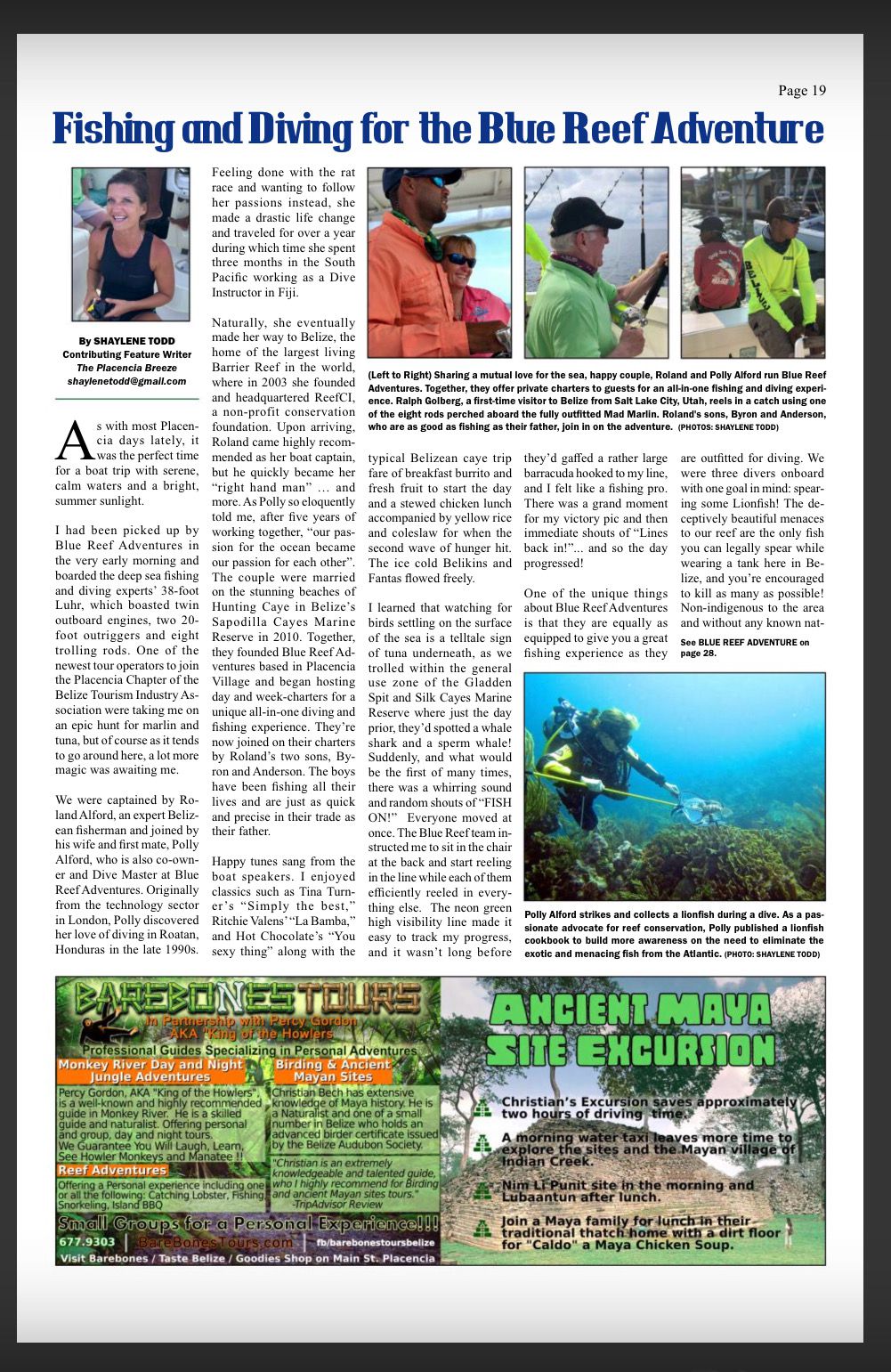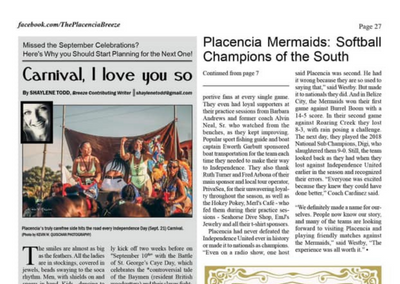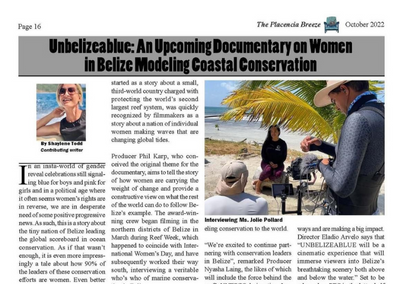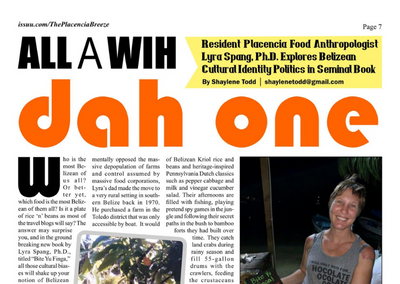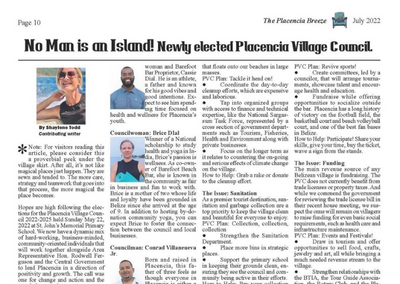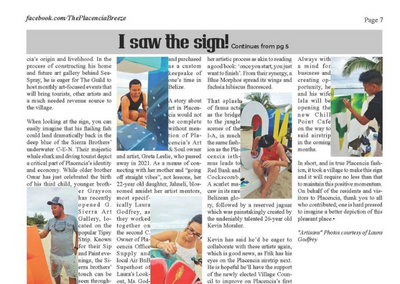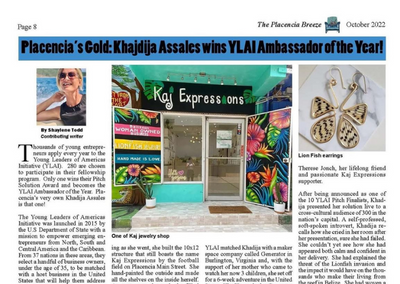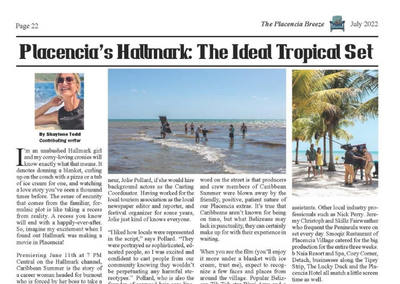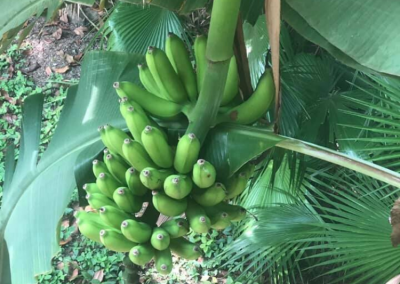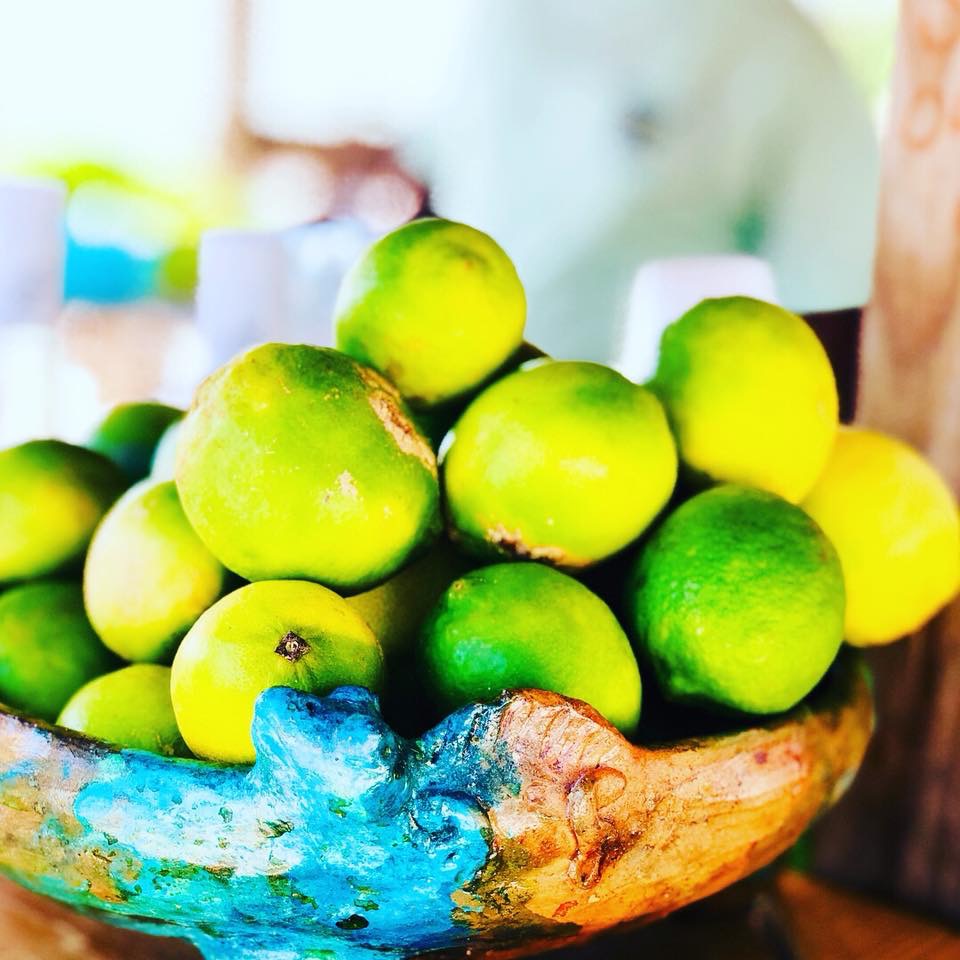Fishing and Diving for the Blue Reef Adventure
It was one of those perfect boat days where the water was calm and the sun was bright. The boat tunes ranged from ‘Simply the best’ to ‘La Bomba’ and ‘You sexy thing’. Both breakfast and lunch were classically Belizean- a Burrito and fresh fruit to start the day and stew chicken, yellow rice and coleslaw when we were hungry again. Belikin and Fanta flowed freely.
I had been picked up by Blue Reef Adventures in the very early morning and boarded their thirty-eight foot Luhr with twin outboard engines. Rigged with two 20’ outriggers and eight trolling rods, we were officially on the hunt for marlin and tuna.
We were captained by Roland Alford, an expert local fisherman and joined by his wife and first mate, Polly, who is also co-owner and Dive Master at Blue Reef Adventures. Originally in the technology sector in London, Polly discovered her love of diving in Roatan in the late nineteen nineties. Feeling done with the rat race and wanting to follow her passions instead, she made a drastic life change and moved to Fiji to become a Dive Instructor.
She founded ReefCI, a not for profit conservation foundation, in 2003 and decided to headquarter it in Belize because of its barrier reef system. Upon arrival in Belize, Roland was recommended to her as a Captain and he quickly became her “right-hand man”. As Polly so eloquently told me, after five years of working together, “their passion for the ocean became their passion for each other”. The couple were married on Hunting Caye in 2010. Together, they founded Blue Reef Adventures and began hosting day and week charters for all in one diving and fishing experiences. They’re now joined on their charters by Roland’s two sons, Byron and Anderson. They’ve been fishing all their lives and are just as quick and precise in their trade as their dad.
Watching for birds settling on the surface of the sea as a telltale sign of tuna underneath, we trolled in the Silk Caye region where just the day before they’d spotted a whale shark and a sperm whale. Suddenly, and what would be the first of many times this happened, there was a whirring sound and random shouts of “FISH ON!”. Everyone moved at once. They instructed me to sit in the chair at the back and start reeling in the line while each of them efficiently reeled in everything else. The neon green hi vis line made it easy to track my progress and it wasn’t long before they’d gaffed a rather large barracuda off the back of the boat. There was a moment for my victory pic and then immediate shouts of “Lines back in!”…and so the day went!
One of the unique things about Blue Reef Adventures is that they are equally as equipped to give you a great fishing experience as they are outfitted for diving. We were three divers onboard with one goal in mind- spearing some Lionfish!. Lionfish are the only fish you can legally spear while wearing a tank here in Belize and you’re encouraged to kill as many as possible! Non-indigenous to the area and without natural predators, Lionfish reproduce at an alarming rate and feed on juvenile reef fish. Laying 50,000 eggs every three days that will reach maturity within a year and live for thirty years, they are currently one of the biggest threats to the Belizean reef.
After a thorough briefing from Polly, it struck me as we descended to a depth of sixty feet that the three divers onboard were female and that we were going hunting! Go Girls! Polly carried the ZooKeeper (a large container with a one-way valve) and we were each armed with three-pronged spear that would send an electric pulse through our prey. The Lionfish hide in and around and under coral so you have to train your eye to spot them, despite how sprawled and beautiful they are underwater.
They are also extremely poisonous and are still able to sting you after their death, so each time we had successfully captured one, we exchanged our spear with hers and she expertly put it in the container. We speared 8 on the first dive and 9 on the second for a total of 17 in the day.
Though intent on our goal, the dives were not without other welcome distractions. We also saw a loggerhead turtle resting on the sea bottom with a remora on its back. We saw two mores eels, a Queen Trigger, a large school of Blue tangs, and scrawled filefish to name a few. And of course, so much of that Dr. Suess like Coral Belize is famous for- purple fans, green funnels and large brains!
At the end of our second dive, we were joined on our safety stop by a very interested nurse shark. Docile but determined, it kept butting up against the zookeeper and nearly surfaced with us after our three minutes at twenty feet. Interestingly, it very obviously had a taste for Lionfish. As soon as we surfaced, I asked Polly her thoughts on this. She explained that, while it was originally thought that creating predators was a good idea, it was soon realized that because of the Lionfish’s defences, this taste can only be acquired for already dead prey. Now we know that by leaving already dead Lionfish for sharks and eels you’re then minimizing the vertical markets that conservation companies are trying to build demand for- like sashimi, fillet and skins for jewelry.
She went on to tell me about how she’d be attending a Lionfish Festival (LRAD) in Pensacola soon. A fishing tournament and platform for building awareness, she’d be setting up a booth to sell her new cookbook, Cook Lionfish. Lionfish has an extremely delicate fillet that is truly versatile and delicious and it’s all about getting people excited to eat them.
We returned back to the marina around 5, just as the sky was starting to change with the pinkish hue of sunset. A little sunburnt, salty and feeling like a victor of sorts, with all my conquests aboard. I’d done my part to save the reef all while enjoying myself immensely. From week-long island stays that include daily fishing and diving excursions, to charted day experiences like the one I had, I encourage everyone to have their own Blue Reef Adventure!

